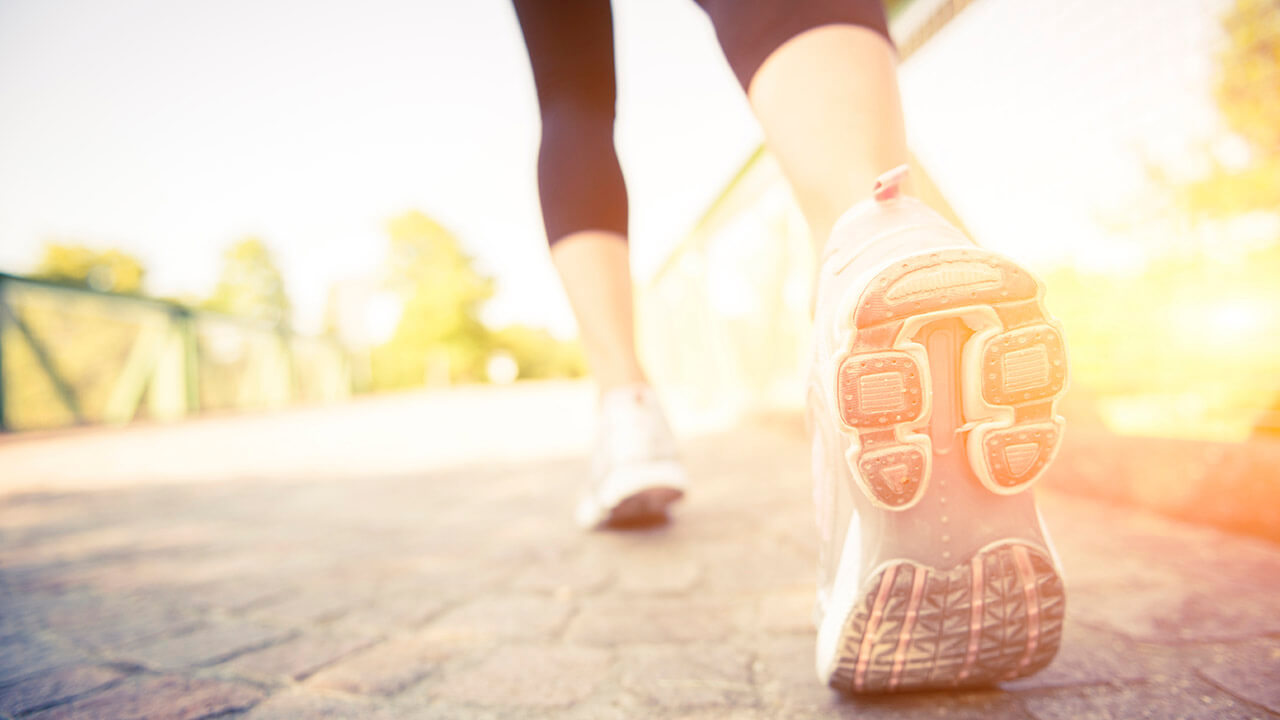Compression sleeves and socks: to wear or not to wear


Compression gear has been around for a long time. Compression sleeves first came to be in hospitals in the 1950’s to deter blood clots from forming after surgery and are still used today. More recently, the sports community caught on to this and questioned if it would help athletes recover sooner Compression sleeves and socks proclaim to help increase circulation, limit swelling, decrease soreness and decrease recovery time. There are very few studies out there that have looked at the recovery time for athletes; however, there are many marathoners and ultra-marathoners who swear by them.
Here is a list of pros and cons to help runners decide for themselves if compression sleeves and socks are for them.
Here is a list of pros and cons to help runners decide for themselves if compression sleeves and socks are for them.
Pros
- Protection: Compression sleeves and socks protect your legs from scratches, abrasion and nasty things like poison ivy when you run on the trails.
- Reduce swelling: Compression technology has proven to reduce swelling in the legs while worn during runs. With the reduction of swelling, recovery has been faster for runners.
- Warmth: Compression sleeves and socks do increase warmth in your lower legs. With the increased warmth, warm up time is reduced so you can get to your work out faster. They also act as a substitute for your running tights on those cooler days.
Cons
- Price: A good pair of compression sleeves or socks ranges between $40 and $60 a pair.
- Lack of research: If you Google compression sleeves or socks, the research is limited to the manufacturers who are selling their product. More studies need to be done to prove if compression gear is beneficial for athletes or not.
- Tightness: The compression from the sleeves or socks can cause discomfort to some people. After a long run, if your legs are sore and swollen, the compression can cause the legs to throb which make some people very uncomfortable.



